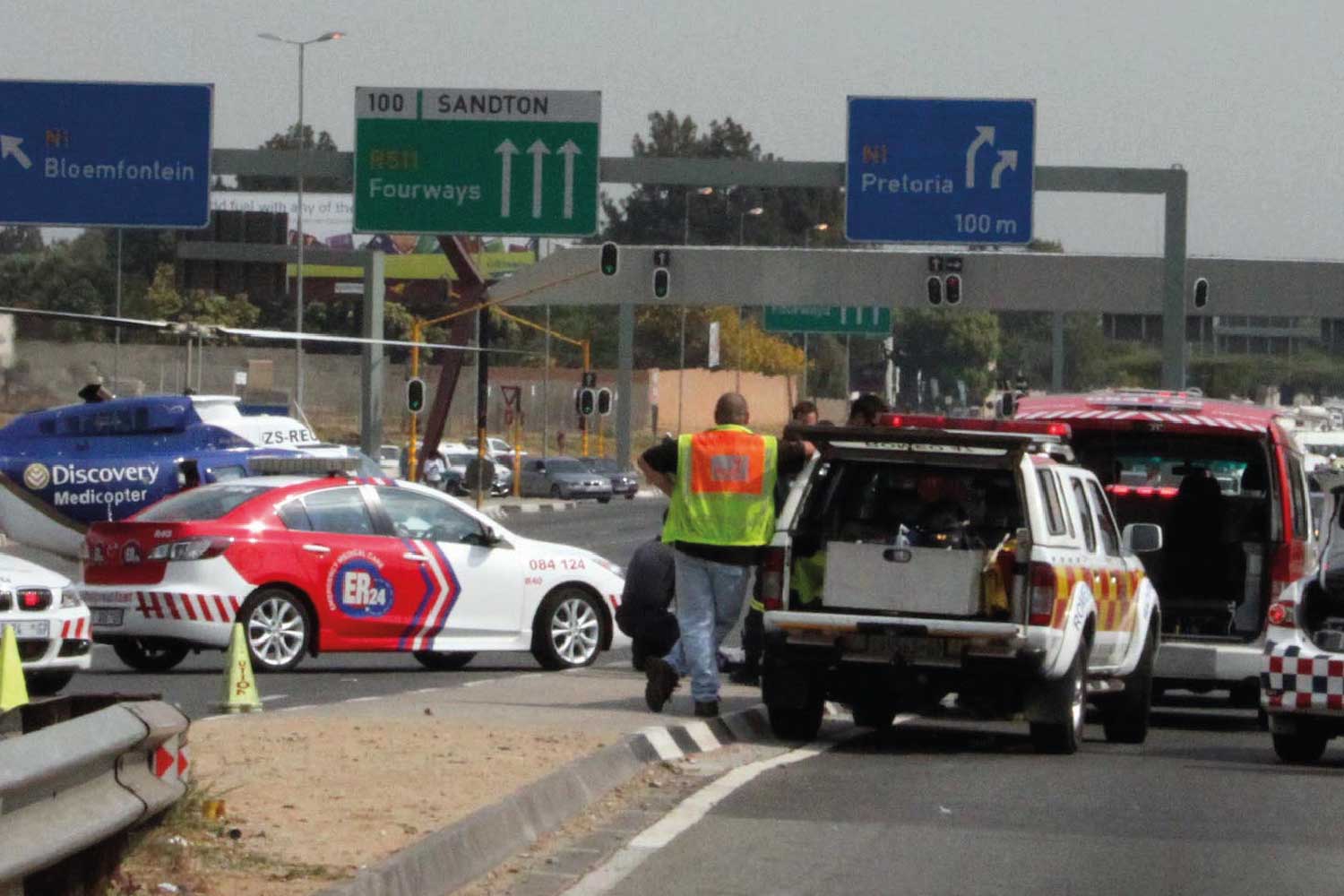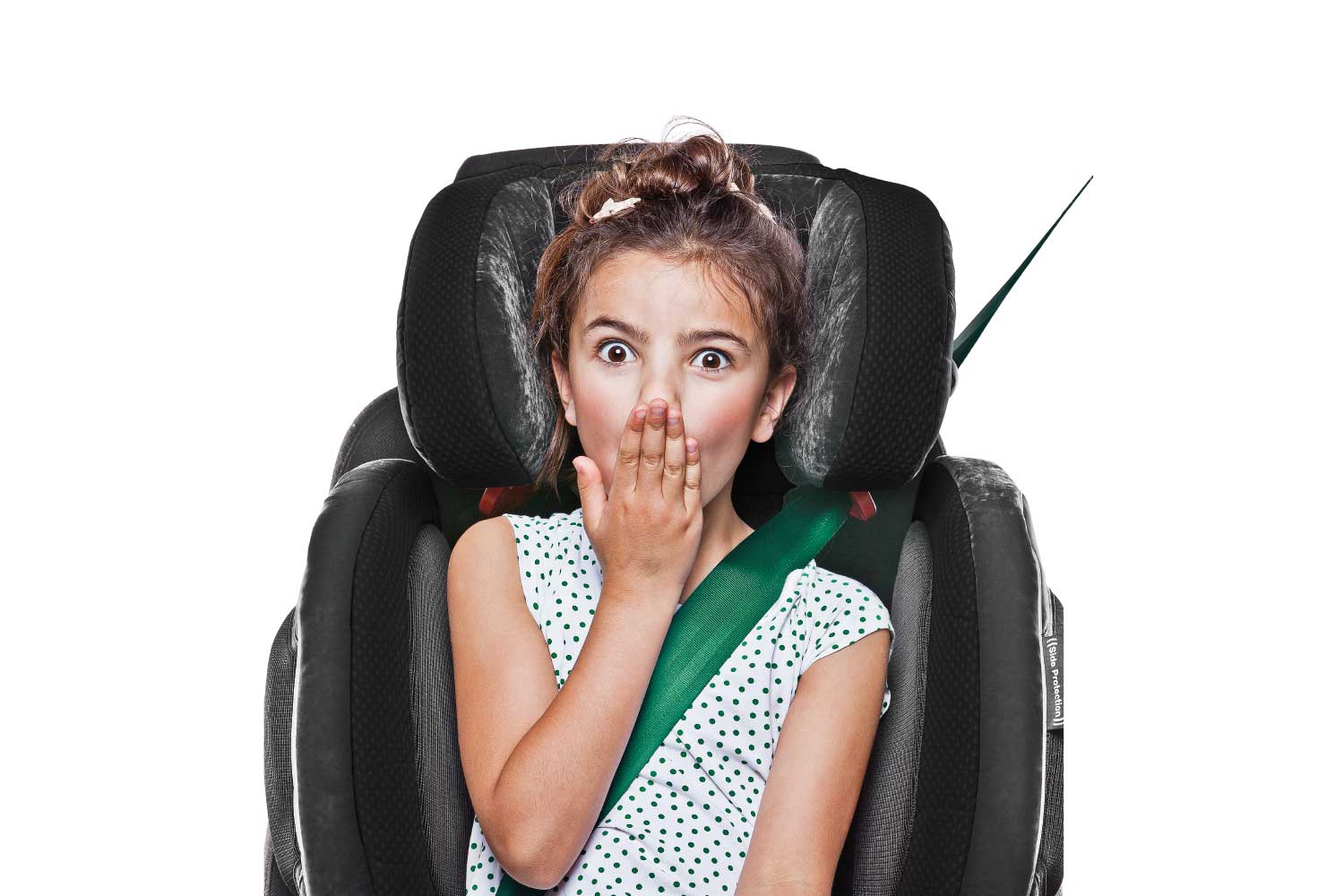Drinking and Driving
Hire a ride, don’t drink and drive
12th January, 2015An appeal from DEKRA CEO:
Hire a ride, don’t drink and drive
Alcohol abuse is responsible for more than 65% of the deaths and injuries on South African roads, says South Africans Against Drunk Driving (SADD), based in Kwa-Zulu Natal.
In South Africa, you are considered drunk if your blood alcohol content exceeds 0.05 g of alcohol per 100 ml of blood. Driving under the influence of alcohol and drugs is a criminal offence and it takes only one point over the limit to result in a prison sentence and a bad reputation that will hound you for the rest of your life.
Alcohol significantly slows reaction time and distorts your vision, and the effects of a heavy night of drinking could affect your driving ability the next morning, when you may still be over the legal limit. After only one unit of alcohol, your chances of being in an accident are doubled, and when you are at the legal limit of 0.24 mg, you are four times more likely to be in an accident.
Alcohol use peaks over festive periods
“Statistics show that the alcohol-related accident rate peaks over the holiday periods,” says Garth Johnson, CEO of DEKRA Automotive (Pty) Limited.
He adds, “If the 2014 festive season follows the same patterns of previous years, it is predicted that thousands of men, women and children will not return home from road trips taken during these holidays as a result of driving ability having been impaired by the consumption of alcohol. There will be those who will suffer deforming injuries and paralysis, and become forced to be dependent on others. Many will be heart broken by the loss of children and other loved ones, and impoverished by the loss of a breadwinner. Lives will be altered tragically. This is senseless and avoidable.
“You have other choices. The best choice is to stay within the legal alcohol limit. Alternatively, if you have been to a party and suspect that you are over the limit, hire a ride-sharing, chauffeur-driven service to get you home safely. Choose one that will drive your car home for you. Or let a friend drive you home.
“Ninety per cent of all drunk driving happens after drinking with family, friends and co-workers, reports DrinkingAndDriving.org (USA). There is almost always somebody around who could be part of the solution. Don't let drunk driving happen in your presence.”
Law allows blood sampling without consent
For those who think they can buck the system, think again. Section 37 of the Criminal Law and Procedure Act makes provision for the sampling of blood without the consent of the alleged perpetrator. A law enforcement officer is within the law to order a doctor or a nurse to collect the necessary samples, whether blood or otherwise.
The second part of Section 37 allows for the use of the necessary restraints or force in order to obtain the desired specimen(s).
The limit: one unit per hour, based on your body mass
The rule of thumb is a maximum of one unit of alcohol per hour, which constitutes 10 ml of pure alcohol, based on an adult weighing 68 kg. To elaborate:
- One unit is equal to two thirds of a beer or spirit cooler with 5% alcohol content.
- For those who drink wine, 75 ml of red or white wine per hour with an alcohol content of 12% to 14% is acceptable.
- The allowance for whisky and brandy is up to one 25 ml tot of alcohol per hour.
Life after arrest
Those arrested for drunk driving may have their licences suspended and face years of legal proceedings and expenses, a possible prison sentence and a criminal record, long-lasting trauma and a lifetime of regret.
MA Cooper Attorneys & Conveyancers points out, “Being arrested for drunken driving is something you would rather avoid. Not only is dealing with the case against you very traumatising, but the knock-on consequences are significant.”
Reputational and economic consequences
Aside from the legal issues related to this kind of criminal charge, a range of consequences arises. Here are a few:
- The risk of getting a criminal record.
- Explaining your absence from work because of court appearances.
- Explaining your criminal record or need for time off to a potential employer.
- The risk to any professional status, in the context of being "fit and proper", and the associated economic impact.
- The loss of time for a self-employed person.
- If the arrest is made in a town other than where you live, the expense of the time and money spent on attending proceedings in that town's court (for instance if you were on holiday).
- The legal costs should you decide to be represented by a private lawyer as opposed to a Legal Aid lawyer (if you qualify for Legal Aid).
- Where a vehicle or property is damaged, having to deal with the insurance claim, any risk to insurance coverage, the associated economic issues and a potential civil case (read the fine print of your insurance policies in this regard).
- The risk connected to your studies as a student, including applications for bursaries.
- The risk of travel visas and other formal applications (including emigration applications), which enquire into your legal or health history, being refused.
- The trauma of dealing with physical injury suffered by the accused or third parties.
Johnson concludes, “Don’t become a statistic this festive season. Buckle up, stay off your cell phone while you are driving, make sure your car is roadworthy before you start a road trip, and don’t drive drunk.”
DEKRA: No Mobility without Safety
For more information, please contact us

